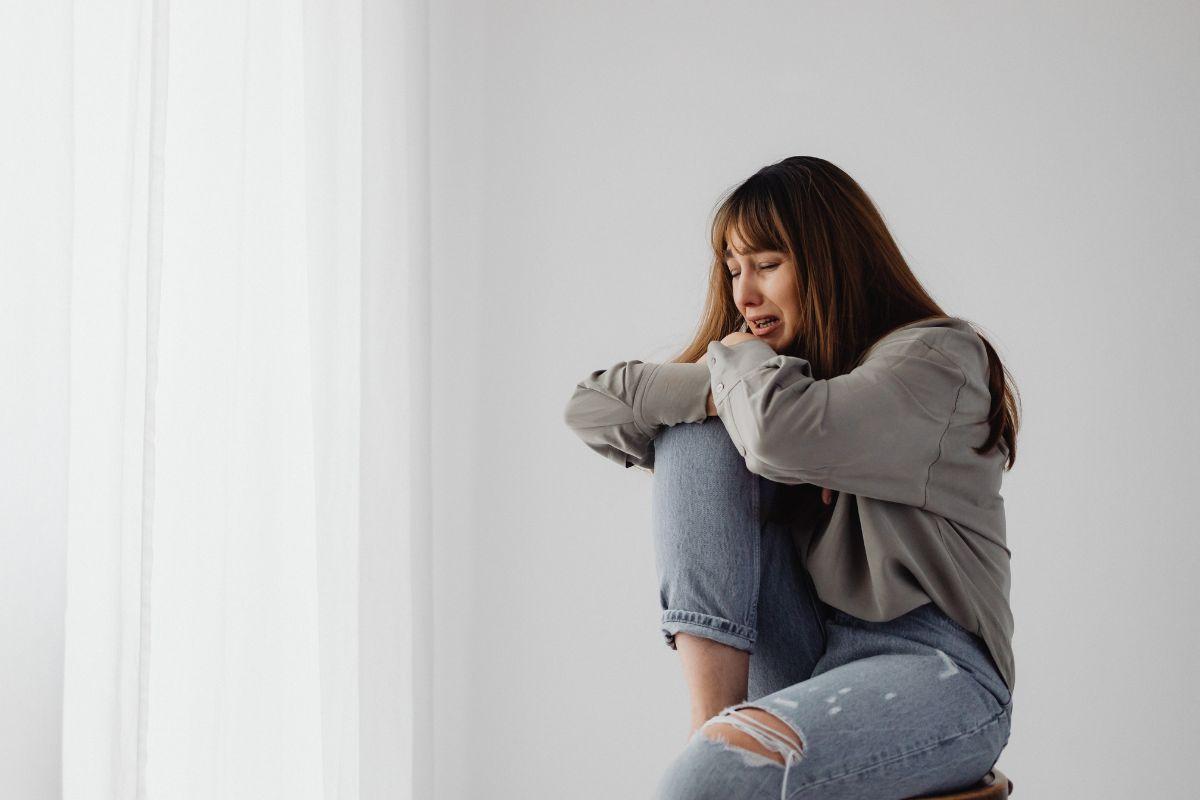Written by Mr Andrew Ward for Doctify
Homeopathy is one of those practices that truly needs to be understood to be appreciated. Some may think of it as a blanket term for all alternative or complementary therapy, or simply dismiss it out of hand.
Here to help us avoid this and explain exactly what homeopathy is really all about is Doctify Classical Homeopath, Mr Andrew Ward.
So, what actually is homeopathy?
Mr Andrew Ward tells us, “The actual meaning of the phrase homeopathy is ‘similar suffering.’” It is an alternative therapy based on two main principles. “The first and most important, is the idea of ‘similars’,” he says. Put simply, treating “like with like” – for example, using a substance that can cause similar symptoms to the ones being exhibited by the patient when ill.
The second is the process of diluting and energising these substances. “This is called ‘potentisation’,” explains Mr Ward. “It renders them non-toxic. These ‘remedies’ are then used to treat the original condition.”
Give me an example
“A quick, easy example would be using homeopathic coffee to cure a type of chronic insomnia.” As we all know, too much coffee can keep you up at night; homeopathy would treat that type of insomnia by using a remedy or medicine made from coffee but in “potentised” form.
Of course, simply drinking more coffee won’t solve the problem but the theory is that a small dose of the ‘potentised’ coffee can.
“It’s a mimicking process,” says Mr Ward.
What makes homeopathy different from traditional, Western medicine?
Whereas conventional medicine seeks to treat symptoms, homeopathy encourages the body to heal itself by provoking similar symptoms or reactions. As Mr Ward puts it, “The message is given to the body to increase the reaction or the ‘fight’ and it overcomes it naturally, by itself. It’s like a stimulus to the immune system.”
What kind of illnesses can be helped by homeopathy?
“People come to Classical Homeopaths for a wide range of illnesses,” Mr Ward explains. “Almost anyone can be treated.” He goes on to add, “Of course there are limits as to who can be helped and who can’t; for example, people with incurable illnesses. In those cases, palliation is possible with homeopathy.”
“Homeopathy has an important role to play in the future,” he states. “Not as a replacement to conventional medicine but as another therapeutic system that can work alongside it.”
“However,” Mr Ward warns, “it is very important that you get treated by a competent, well-trained Classical Homeopath. Remember to always ask for Classical Homeopathy specifically, as there are many ‘new’ versions and methods that are being used and in some cases can be a hindrance to proper cure.”



